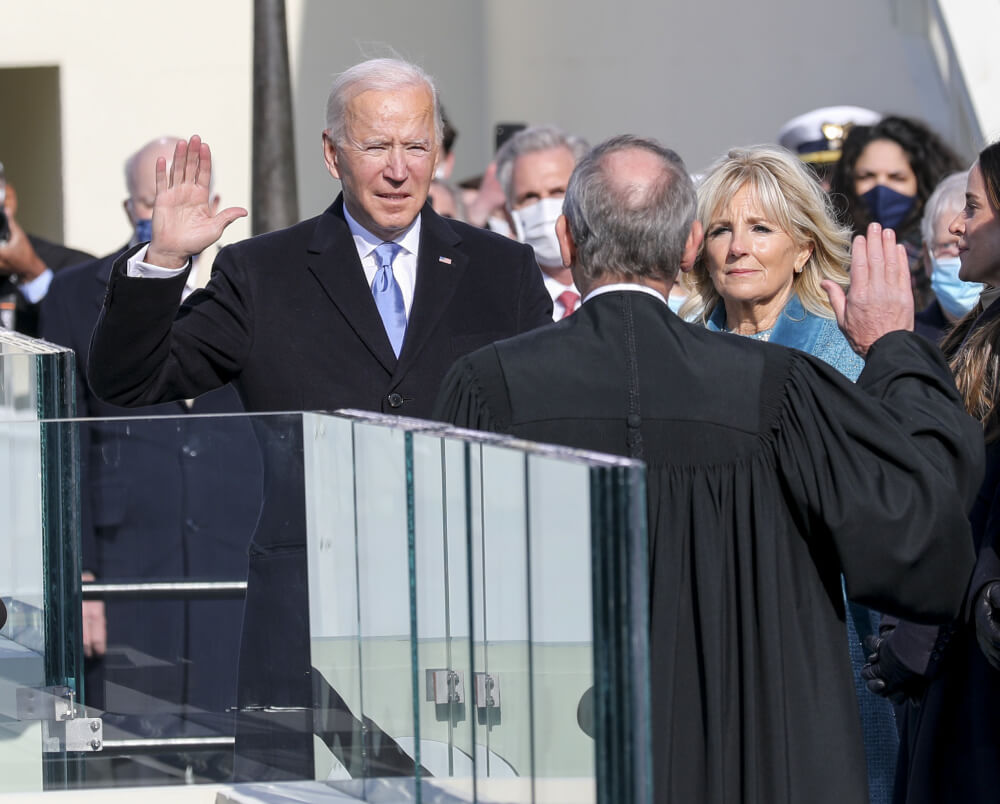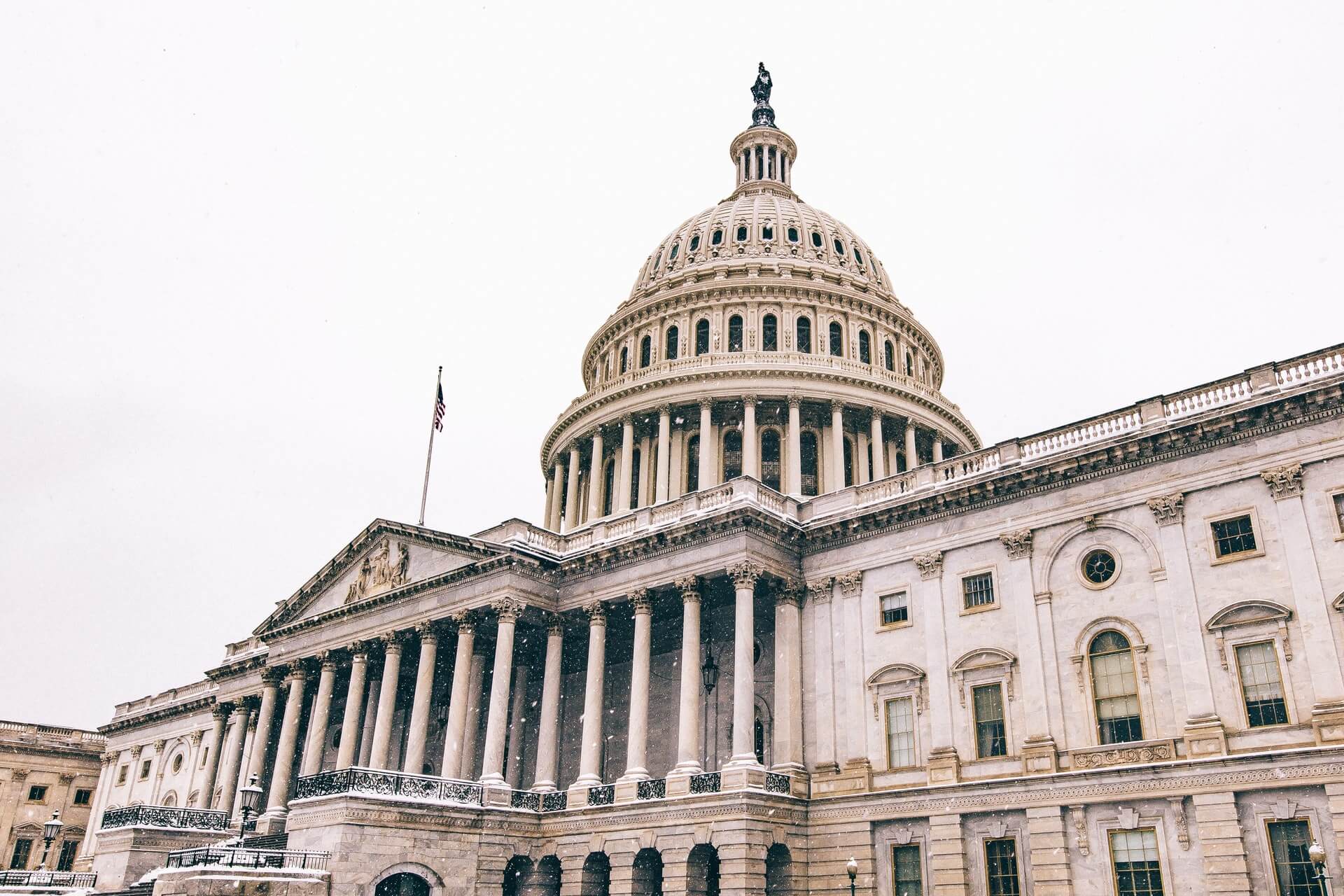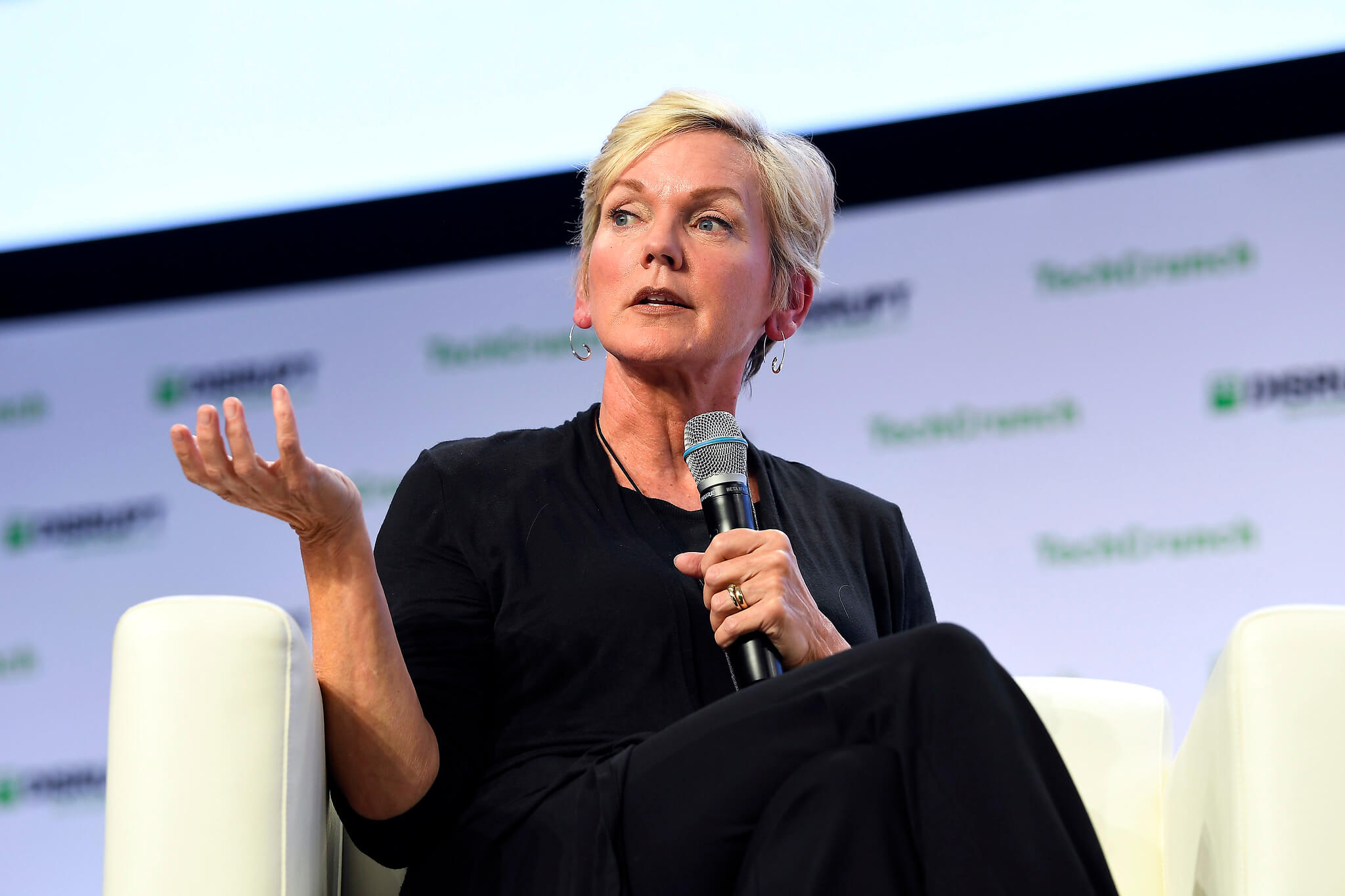It was a good day. Warm in its content. Soft in its delivery. Kindly in its message. Generous in its intentions. Healing in its purpose.
Implementing the soaring hopes of President Joe Biden’s inauguration began immediately. Maybe too immediately, too fast, and with actions that were too sweeping. Biden signed 17 executive orders, which suggested an underlying philosophy of “bring it on.”
Biden doesn’t need to open hostilities on all possible fronts at once. He needs to pick his wars and shun some battles. I have a feeling that 17 battles are too many to initiate simultaneously and, possibly, some are going to be lost at a cost.
In his inaugural address, Biden did well in laying out six theaters where his administration will prosecute its wars. But some of those wars will go on for decades – maybe forever.
Big ships take a long time to turn around, no matter how many tugboats are engaged. Actions have consequences and so do intentions.
The Biden wars:
The pandemic: This is the war that Biden must win. It is the one into which he needs to pour all his efforts, his own time and talent, and to focus the national mind.
Americans are dying at a horrendous pace. He has promised 100 million vaccine doses in the first 100 days. If that effort falters, for whatever reason, it will stain the Biden presidency. It is job one and transcends everything.
The environment: It will remain a work in progress. Rejoining the Paris Agreement on Climate Change is a diplomatic and political move, not an environmental one. It will help with the Biden goal of better international standing. It will make many in the environmental movement feel better, but it won’t pull carbon out of the air.
There have been dramatic reductions in the amount of carbon the United States puts into the air since 2005. Biden is in danger of picking up too much of the environmentalists’ old narrative.
The environmental movement can get it very wrong and maybe has again in pushing the world too fast towards wind and solar. These aren’t perfect solutions.
The amount of carbon put into the air by electric generation in the United States is partly due to the hostility toward new dams and particularly toward nuclear power. These were features of the environmental narrative in the 1970s and 1980s.
Simple solutions seldom resolve complex problems.
Personally, I have a feeling that we are going breakneck with solar and wind; making windmills and solar panels is environmentally challenging, as will be disposing of them after their useful life is over.
Canceling the Keystone XL Pipeline — after nearly two decades of litigation, diplomatic and environmental review in Canada and the United States — would seem to be a concession to a constituency rather than sound policy with virtuous effect.
Biden has identified three other theaters where he plans to wage war: growing income inequality, racism, and the attack on truth and democracy.
Income inequality is escalating because new technologies are concentrating wealth, workers have lost their union voice, and our broken schools are turning out broken people, who will start at the bottom and stay there. Racial inequality ditto. Many inner-city schools are that in name more than function.
If there was one big omission from Biden’s agenda of things he is prepared to go to war for, it was education. Most of the social inequalities he listed have an educational aspect. Primary and secondary schools are not turning out students ready for the world of work. Too many universities are social-promoting students who should have been held back in high school.
More are going to college when they should get a practical education in a marketable skill. People with skills like carpentry, stone cutting, plastering, electrical and iron work are more likely to start their own businesses than those with, say, journalism or sociology degrees.
Biden’s continuing challenge will be how to handle the left wing of his party, stirred up by the followers of Sen. Bernie Sanders and Rep. Alexandria Ocasio-Cortez. They haven’t gone away and are expecting their spoils from the election.
The president’s battle for truth will be how we accommodate the new carrier technologies of social media with the need for veracity; how to identify lies without giving into universal censorship. That battle can’t be won until the new dynamics of a technological society are understood.
Go slow and carry a big purpose.









